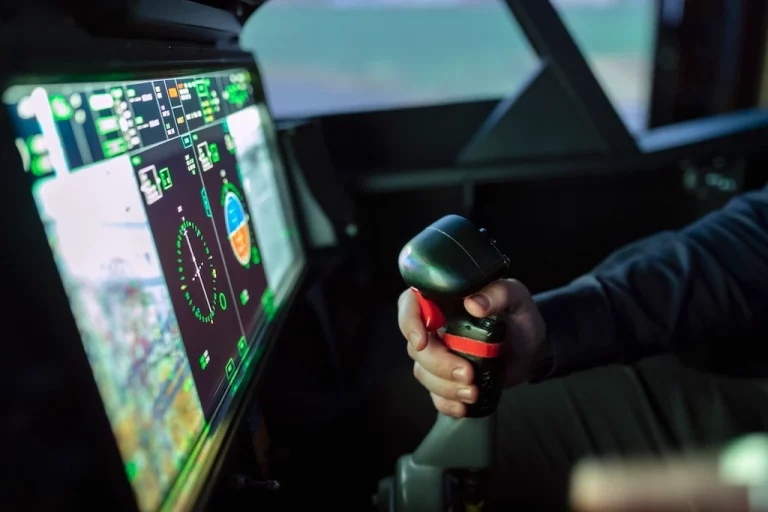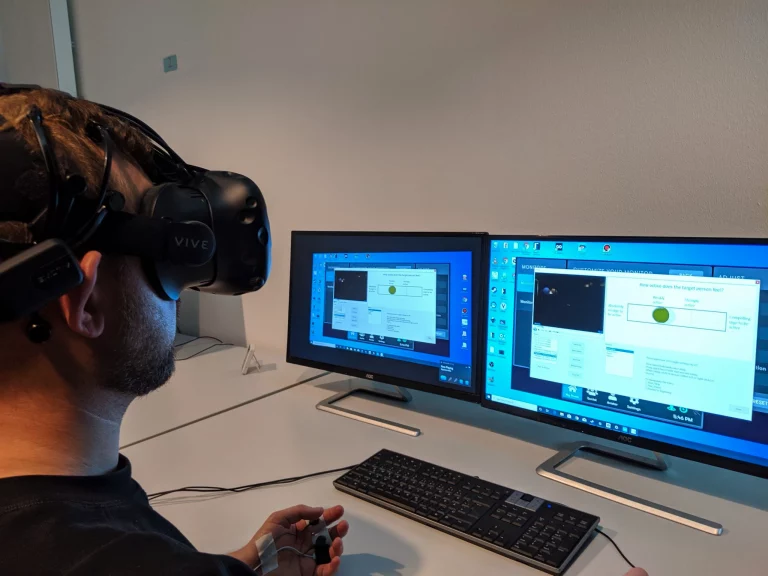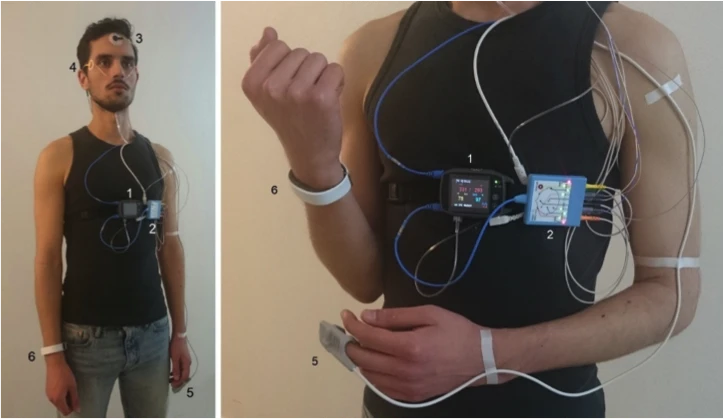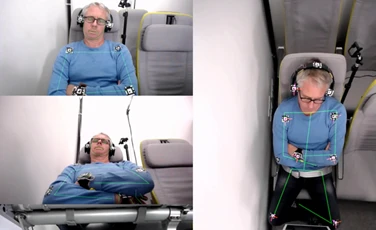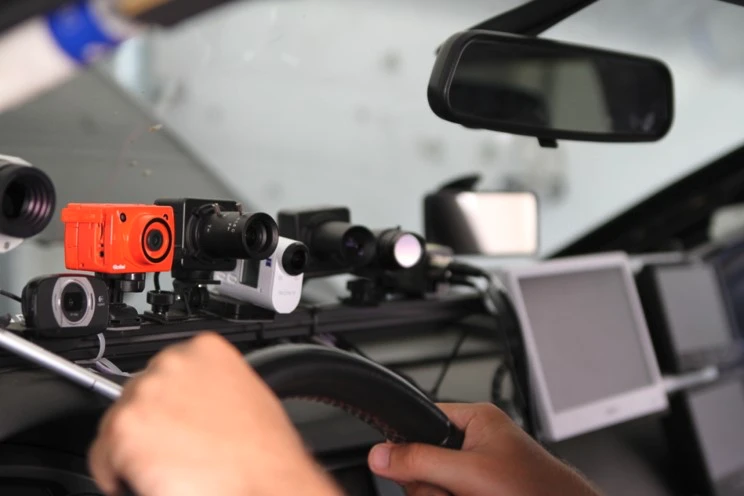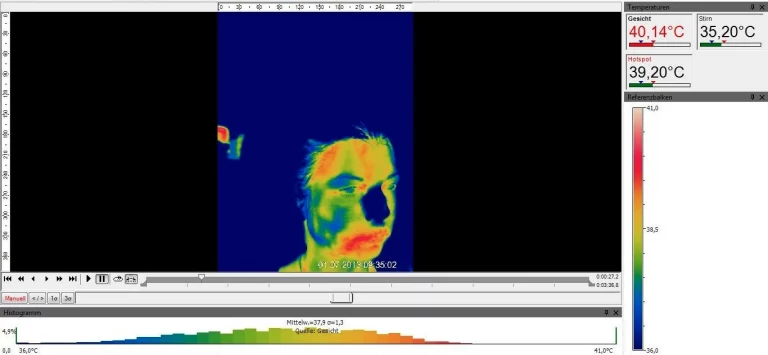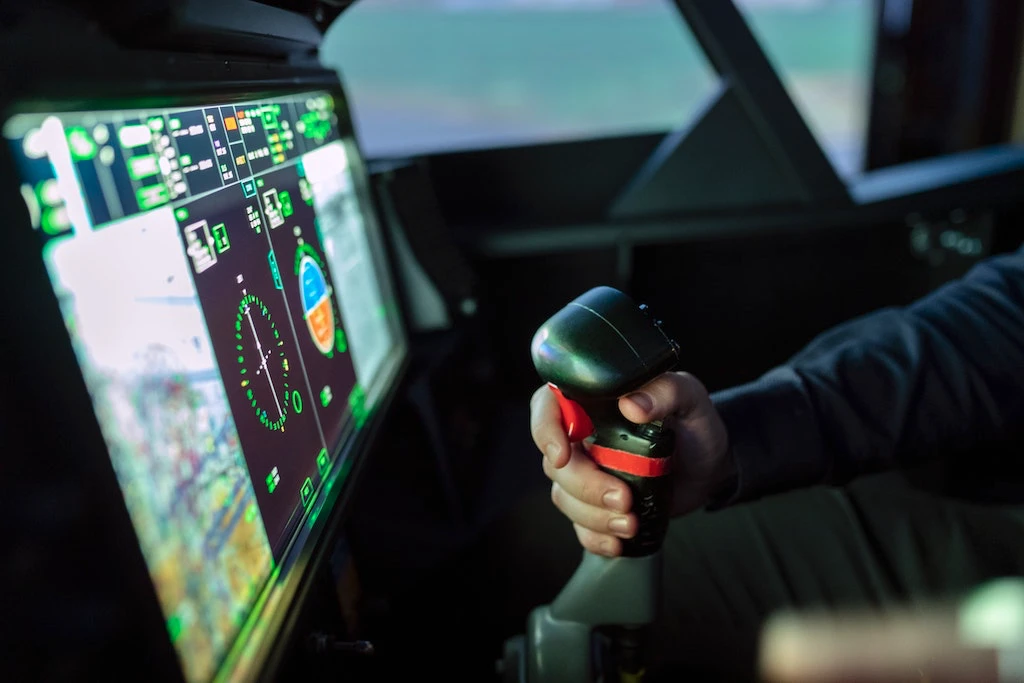
Multimodal Data-Driven Suitable Pilot Selection
Project Justification
Accurately predicting the success of promising pilot candidates during the selection process is a critical factor in ensuring long-term organizational performance. However, this process is often time-consuming and limited by the availability of standardized, objective information.
In aviation, candidate assessments typically rely on performance ratings provided by flight instructors. While this approach is well-established, it is subject to variability in interrater reliability and offers only moderate predictive validity. As a result, there is a growing need for more objective, data-driven methods to enhance the accuracy and efficiency of pilot selection procedures.

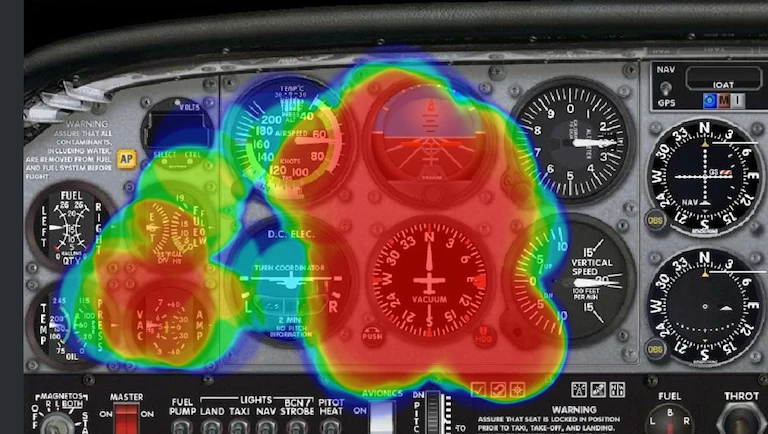
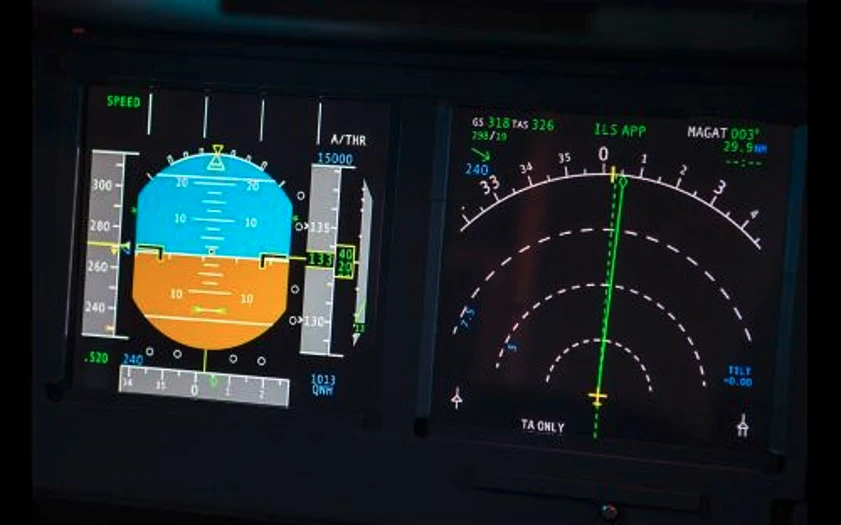
Our Approach
To address the limitations of traditional evaluation methods, this project integrates a broad range of psychophysiological measurement systems to complement conventional performance data collected in a flight simulator environment. The goal is to identify reliable and objective predictors of pilot success.
Trainees complete carefully structured missions designed to assess critical psychological and cognitive attributes, alongside flight maneuvers identified as particularly relevant for long-term pilot performance. During these assessments, multimodal data – including physiological and behavioral indicators – are recorded to capture individual differences in stress regulation, decision-making, and situational awareness.
The resulting data serve as the foundation for modeling a predictive index of pilot aptitude. This index is subsequently validated against real-life flight performance and operational success, offering a scientifically grounded, data-driven approach to pilot selection.
Insights and Outcomes
The multimodal flight–behavioral and physiological assessment conducted within the flight simulator demonstrated a predictive accuracy of 87% for future jet pilot success. This represents a substantial improvement over traditional methods – outperforming both purely cognitive test batteries and flight instructor–based performance ratings.
These results highlight the added value of integrating diverse data sources – including behavioral and physiological indicators – to achieve more reliable and objective predictions in pilot selection processes.
Related Projects
Psychophysiological data collection (EEG, EDA, ECG)
A predictive modelling techniques and pattern recognition-based approach
Long-term psychoneuro-endocrinologic evaluation of a chronobiologically adapted light system
Evaluation of multiple fatigue intervention systems
Multimodal physiological measurements of mental workload for evaluating ADAS
Developing of emphatic dialog systems: an EU-Japanese collaboration


